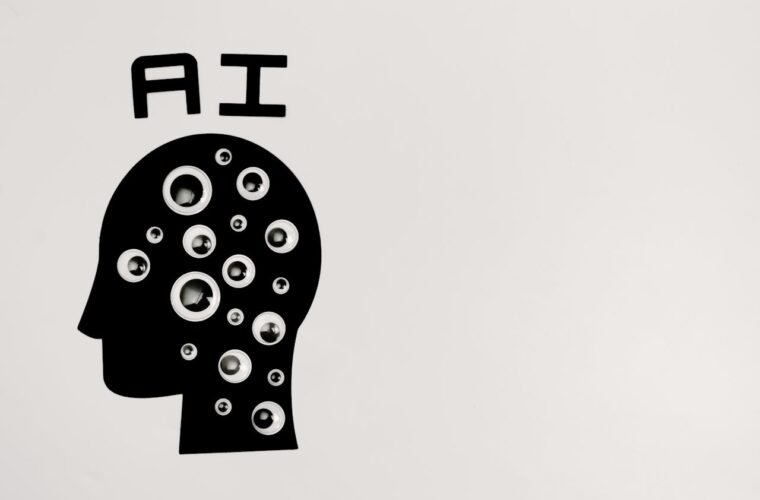Samsung has released data from the new research “Intelligent Living: How AI is Enhancing Everyday Experiences”, which can be downloaded here, that the company conducted in 10 European countries among a sample of more than 11,000 people. The first finding is that only a portion of Europeans feel confident using artificial intelligence in everyday life. At the same time, more than half of respondents harbour a desire to employ it to make their lives easier (53 per cent), to improve their entertainment experiences and, more generally, their quality of life.
Reality and desire are compared; in short, only 15 per cent of respondents say they know how to achieve these benefits in their daily lives, and 38 per cent said they do not feel included in the current debate about AI. When faced with the request to assess their understanding of AI and ability to use it in everyday life, Poles felt the most “confident” (23%), while the British were found at 11%, to be the least prepared. In Italy, the percentage stands at 14 per cent. While AI is becoming increasingly present in every aspect of our lives, from algorithms that guide choices in entertainment to smart devices that anticipate needs at home, it also emerged that more than half (53 per cent) of Europeans want technology to make life easier, especially when it comes to household chores.
Dr. Chris Brauer, Director of Innovation at Goldsmiths University of London and Chief Innovation Officer at Symmetry, commented, “The real promise of AI is how it will transform our habits. AI needs to be supportive, not obscure the things we like to do most. As AI becomes integrated into our devices, its real value will be judged by how well it can simplify tasks, improve quality of life, and make everyday interactions smoother without adding complexity.”
AI at home
Connectivity came out of the survey as a priority for Europeans, with 42 per cent of respondents wanting AI to better connect the various devices in their homes. In addition, the same percentage (42 per cent) said they believe AI will improve home life, while nearly a quarter (24 per cent) identified smart home management as the most desired feature of AI. Thirty-three per cent of respondents said they were interested in products and services with AI-enabled features for household chores. A portion of respondents are interested in AI-based solutions that provide specific support in both cleaning appliances (28%) and dishwashing (25%). Twenty-three per cent of respondents were in favour of AI-powered features capable of supporting them in creating and customizing dishes and recipes and managing grocery shopping. The more bill-conscious 21% would like support in managing energy consumption.

Artificial Intelligence to make room for passions
About two-thirds (66 per cent) of Europeans would like more time to devote to the activities they love. Against this finding, the survey shows that 37 per cent expect AI to support them in this regard, and 41 per cent believe AI can also be a concrete aid in living out their passions by enhancing leisure time experiences such as travelling, gaming, or watching TV.
But what would these “concrete aids” be? They range from real-time translation that eliminates language barriers (23 per cent) to AI-integrated features that optimise image definition (27 per cent) and technologies that detect background noise and adjust sound quality (27 per cent) for a more overwhelming viewing experience. In addition to leisure, people are showing increasing concern for the care of their health and well-being. Half of the respondents (50%) would like to prevent diseases rather than cure them. More specifically, 32% would like AI support for creating personalised diet plans, 24% would like to receive customised workouts, and 34% would like lifestyle advice based on their health data. A similar percentage (31%) are interested in using AI to monitor sleep and improve sleep patterns.
Some scepticism remains
However, despite the growing interest in AI in health, there remains some scepticism from those who do not currently use the technology, with only 17 per cent saying they would use AI-based health monitoring devices in their daily routine. A central theme for the debate over AI’s entry into daily life is based precisely on the confidence related to the security it, to date, can provide to protect people and their data. Thirty-seven per cent of respondents would like to receive timely updates that ensure security while using AI in various devices; 34 per cent find 24/7 active monitoring of cyber threats useful; and finally, 27 per cent identified protection as the most important feature of AI.



